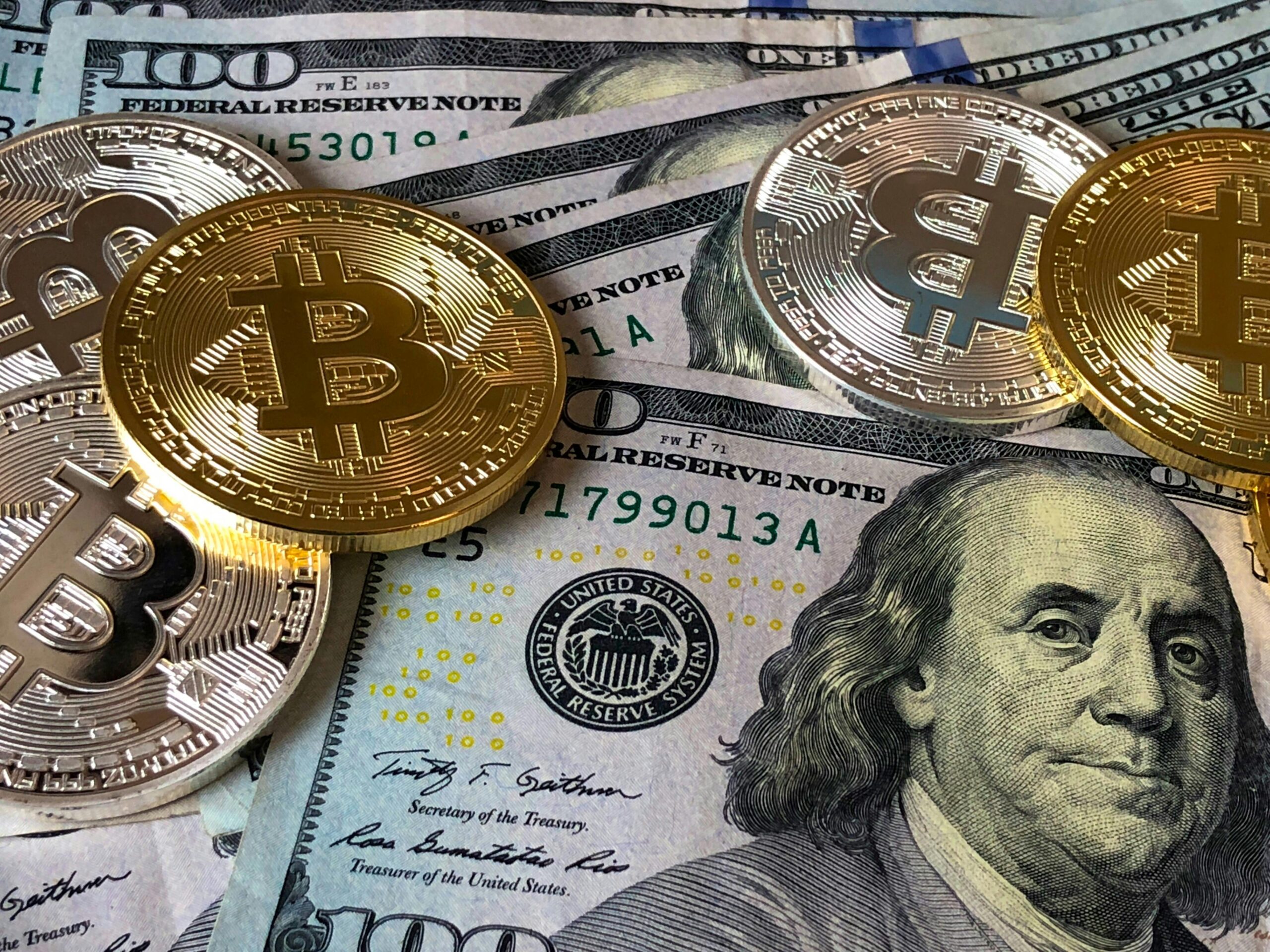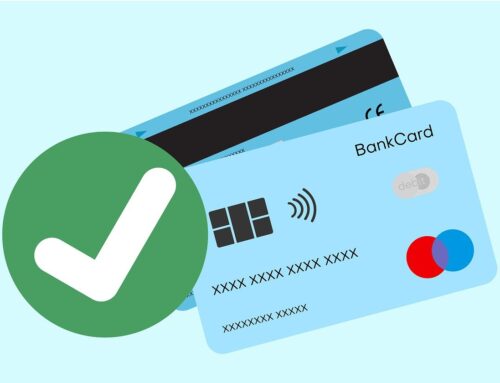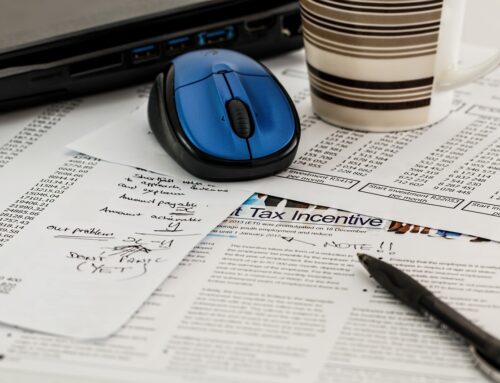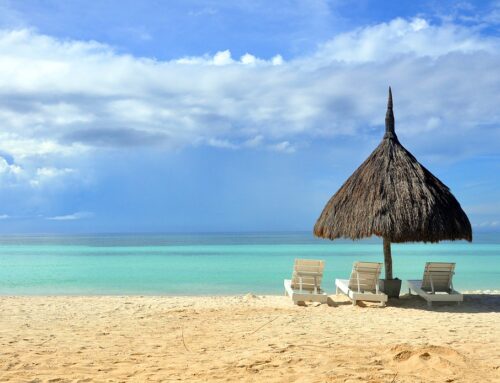
Opening a Bank Account in the Philippines as an Expat
The Philippines welcomes you with beautiful beaches, vibrant cities, and warm hospitality. But before you can fully enjoy your new life, you’ll want to get your finances in order. One of the first steps is opening a local bank account. A local account will let you pay bills, receive payments, and manage your money easily.
If you’re unsure where to start, don’t worry. This guide will walk you through what expats need to know to open a bank account in the Philippines.
What You’ll Need to Open a Bank Account as an Expat
Opening an account in the Philippines is usually straightforward if you meet the basic requirements. Here’s what most banks will ask for:
Required Documents
-
Valid Passport
Your passport must be current and valid for the duration of your stay. -
Alien Certificate of Registration (ACR I-Card)
This proves you have legal residence in the Philippines. You can get your ACR from the Bureau of Immigration after you arrive. -
Proof of Address
Banks will want to see proof that you live in the Philippines. A lease agreement, utility bill, or a letter from your employer can work.
Other Possible Requirements
Some banks might also ask for:
-
Employment Certificate
If your salary will go into this account, they may want proof of your job. -
Bank Reference Letter
A reference letter from your current or former bank may help speed up the process. -
Minimum Deposit
Many banks require an initial deposit. How much varies by bank and account type.
A Few Reminders
Always check with the bank ahead of time. Requirements can vary by bank and may change over time. Visit a branch or check the bank’s official website for the latest information before you go.
Can Tourists Open a Bank Account in the Philippines?
If you’re visiting the Philippines as a tourist, opening a bank account gets a little more complicated. Most banks only offer full accounts to residents who hold an ACR I-Card. However, there are a few unofficial workarounds—but none are guaranteed.
What Tourists Should Know
-
Local Sponsor
Some banks might allow it if you have a local friend or family member who is willing to sponsor you. -
Large Initial Deposit
A few banks may open an account for tourists who deposit a large amount upfront. Be aware that you might still have limited access to banking services.
Limitations to Expect
Even if a tourist account is possible, expect some restrictions:
-
Limited access to online banking
-
No international wire transfers
-
Lower daily withdrawal limits
Alternatives for Tourists
If you are only visiting for a short stay, there are safer and easier ways to manage your money:
-
Prepaid Travel Cards
You can load these from your home bank and use them for cash withdrawals and purchases. -
Currency Exchange
Use reputable money changers to convert your cash to Philippine pesos.
A Final Word of Advice
Tourist accounts are rare and not recommended for long stays. If you plan to stay longer or return often, applying for residency and getting an ACR is the smarter option.
Always check with local banks and travel resources for the most up-to-date rules. Banks change policies regularly, so don’t rely on word of mouth alone.
US Citizens Take Note: FBAR Rules and Your Philippine Bank Account
Opening a bank account in the Philippines gives you convenience and peace of mind. But if you’re a US citizen or permanent resident, you have extra reporting responsibilities under US law. Here’s what you need to know:
What is the FBAR?
The FBAR (Report of Foreign Bank and Financial Accounts) is a form you must file with the US Department of the Treasury if you hold financial accounts outside the US. This includes:
-
Bank accounts
-
Brokerage accounts
-
Investment accounts
Do You Need to File?
You must file an FBAR if the total value of all your foreign financial accounts goes over $10,000 at any time during the calendar year. Even if your Philippine bank account only crosses that threshold briefly, you may have to file.
Are There Exceptions?
There are some exceptions. Certain account types or extended stays outside the US might reduce your reporting duties. But this can be complex, so you should always check with a US tax advisor to be sure.
What About Taxes?
Any interest you earn from your Philippine bank account is considered taxable income in the US. You must report it when filing your US taxes. A tax professional can help you understand exactly what needs to be reported.
Stay Safe, Stay Compliant
Opening a bank account in the Philippines is straightforward. Just don’t forget your US tax reporting rules. Talk to a US tax professional to avoid surprises later.
Note: This is general information only and not tax advice. Always consult with a licensed tax professional for your situation.
How to Pick the Right Bank in the Philippines
Once you’ve figured out the rules, it’s time to choose a bank. Here’s how to narrow it down:
National or Regional Bank?
-
National banks like BDO, Metrobank, and BPI have lots of branches and a wide range of services across the country.
-
Regional banks like Cebuana Lhuillier or EastWest Bank focus on certain areas and may offer lower fees or better local service.
Think about where you live and how often you’ll need to visit a branch.
Check Account Features
Look for:
-
Online banking
-
Mobile apps
-
Large ATM network
Match your banking habits to the bank that offers the right services.
Watch Out for Fees
Some banks charge:
-
Monthly maintenance fees
-
ATM withdrawal fees
-
International transfer fees
Compare rates and fees to find the most affordable option that fits your needs.
Language Matters
English is common in the Philippines, but not all banks offer full English-language support at every branch or on every website. If this is important to you, check reviews or ask expats in your area for recommendations.
Pro Tip: Do Your Homework Online
Most banks list their services, fees, and branch locations on their websites. Use this information to compare banks before you choose one.

















